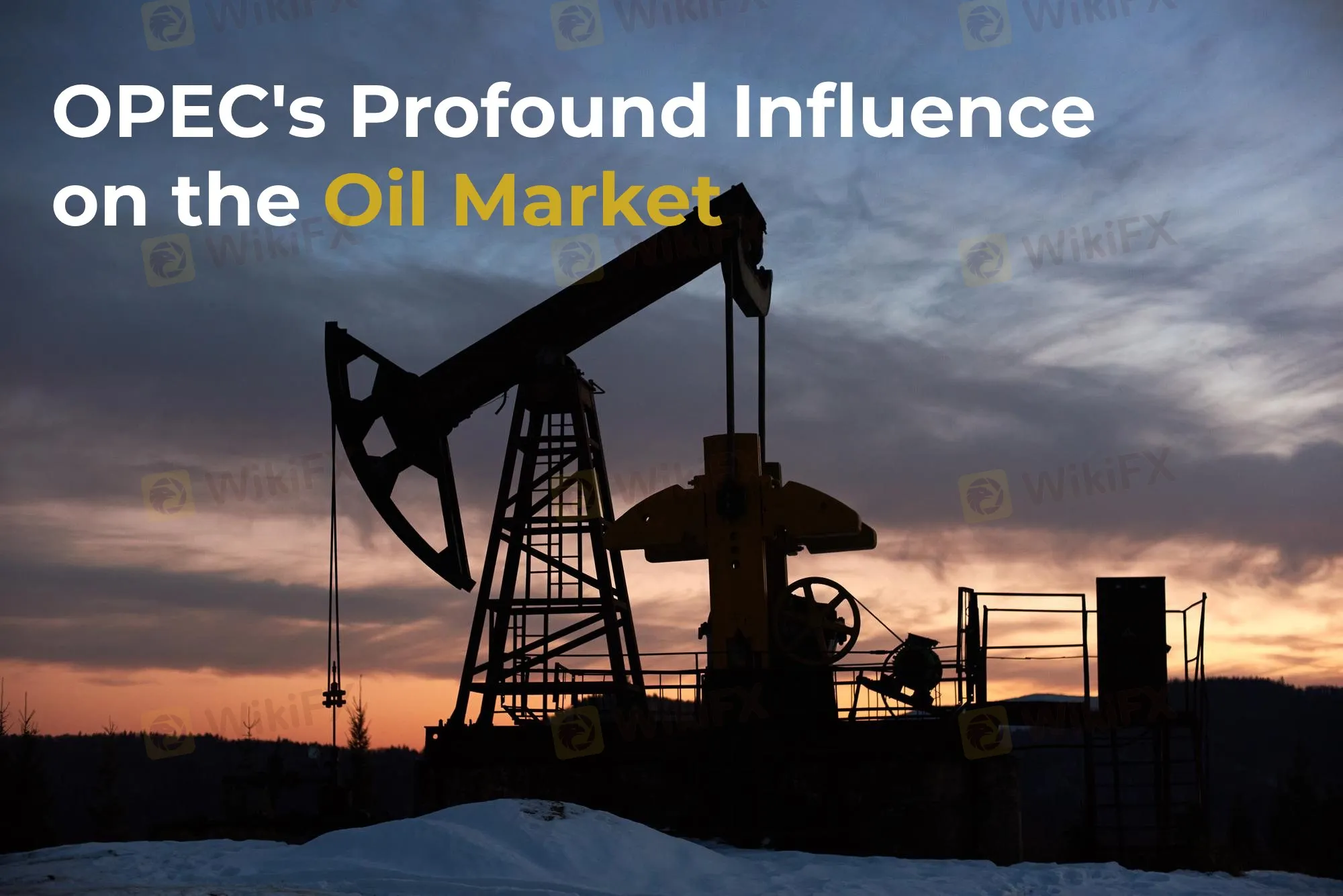简体中文
繁體中文
English
Pусский
日本語
ภาษาไทย
Tiếng Việt
Bahasa Indonesia
Español
हिन्दी
Filippiiniläinen
Français
Deutsch
Português
Türkçe
한국어
العربية
OPEC's Profound Influence on the Oil Market
Abstract:At present, oil prices remain relatively stable, but global economic recovery and shifting market demands continue to drive price fluctuations. Amid an uncertain global economic and geopolitical landscape, OPEC’s policies and actions remain key determinants of oil prices.

Currently, oil prices are hovering between $70 and $75 per barrel, maintaining a steady range. The slight rebound in prices is largely due to an uptick in global demand, along with growing concerns about geopolitical risks. While the global economic outlook remains uncertain, the gradual recovery of major economies has boosted crude oil demand, pushing prices higher. Investors and analysts are closely monitoring OPECs production policies to see how the organization adjusts in response to changing global energy needs.
How OPEC and Geopolitics Affect Oil Prices
OPEC plays a pivotal role in influencing oil prices. As a major global oil-producing organization, every decision OPEC makes regarding production cuts or increases directly impacts global prices. For example, in late 2019 and early 2020, OPEC, along with non-OPEC nations, decided to reduce production, successfully driving up oil prices. In addition, geopolitical factors are another significant driver of oil price volatility. Tensions in regions like the Middle East can disrupt oil supply, causing prices to surge. In such cases, OPEC often adjusts production levels to respond to external risks and stabilize the market.
Understanding OPEC, OPEC+, and Non-OPEC Countries
OPEC (Organization of the Petroleum Exporting Countries) is an international organization founded in 1960, consisting of 14 major oil-producing countries. These nations control around a quarter of global oil supply, with significant members like Saudi Arabia, Iraq, and the UAE.
OPEC+ is a cooperative alliance formed between OPEC and some non-OPEC oil-producing nations, including Russia, with the goal of jointly managing global oil prices through coordinated production cuts or increases.
Lastly, non-OPEC countries are those that are not part of OPEC but are still major oil producers, such as the United States and Canada. These countries also influence global oil prices, particularly with the rise of U.S. shale oil production, which has increasingly impacted market trends in recent years.
In conclusion, the decisions and strategies of OPEC, OPEC+, and non-OPEC nations directly shape the volatility of global oil prices through their production adjustments and geopolitical considerations.

Disclaimer:
The views in this article only represent the author's personal views, and do not constitute investment advice on this platform. This platform does not guarantee the accuracy, completeness and timeliness of the information in the article, and will not be liable for any loss caused by the use of or reliance on the information in the article.
Read more

TradingPRO: A Closer Look at Its Licences
In an industry where safety and transparency are essential, the regulatory status of online brokers has never been more important. For traders seeking to protect their capital, ensuring that a platform operates under recognised and stringent oversight can make all the difference. Keep reading to learn more about TradingPRO and its licenses.

Oil Price Breakout Incoming? Investors Should Stay Alert
Oil prices are hovering around a critical level, with potential yet to be fully unleashed. Investors must prepare for sudden changes.

New SEBI Regulations on Intraday Trading
The Securities and Exchange Board of India (SEBI) has implemented revised regulations on Intraday trading, with effect from November 20, 2024. These regulations are meant to lessen risks and prevent speculative trading practices.

A Guide to Intraday Forex Trading You Can't Miss Out
Intraday trading where everything happens in a day fascinates millions around India and worldwide. The drama, the hype, and the ups and downs resulting from those are nothing short of an adventure. Read this guide to ace the forex intraday trading game.
WikiFX Broker
Latest News
ASIC Urges Financial Licensees to Fix Register Errors Before 2026 Deadline
eToro Review 2025: Top Trading Opportunities or Hidden Risks?
How much money will you earn by investing in Vantage Broker?
IronFX vs Exness Review 2025: Comprehensive Broker Comparison
Fraudsters Are Targeting Interactive Brokers' Users with Lookalike Emails
Everything you need to know about ADSS
SkyLine Guide 2025 Malaysia: 100 Esteemed Judges Successfully Assembled
Vantage Markets Review 2025: Trusted Forex and CFD Trading Since 2009
Top Tips to Choose the Best Forex Broker in 2025
SEBI Notifies New F&O Rules for Investors - New Derivative Trading Limits & More Amendments
Currency Calculator


